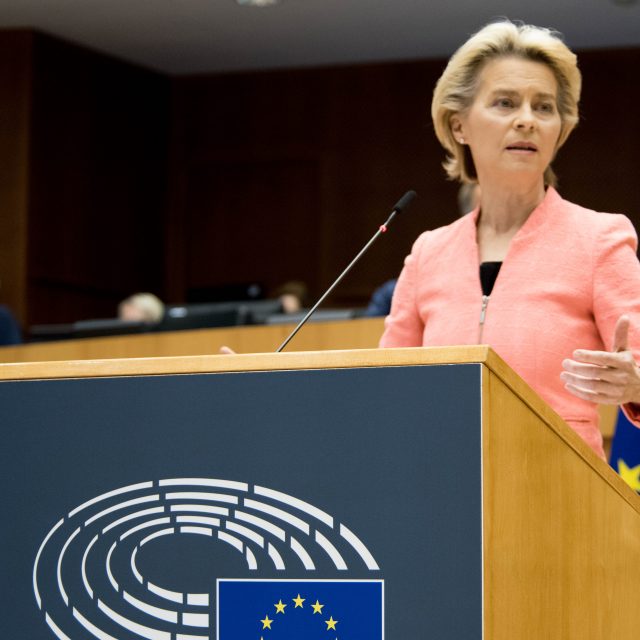The European Commission should place greater focus on the long-term development of an EU able to better withstand geopolitical upheavals, counter their negative economic and social impacts and ensure that sustainable development guides its policies, the European Economic and Social Committee (EESC) has said in a resolution on the EU’s priorities for 2023.
The resolution on the EESC’s contribution to the 2023 European Commission’s work programme was adopted by the Committee’s plenary assembly on 14 July, highlighting the priorities that Europe’s employers’, workers’ and civil society organisations would like to see the EU focus on in the coming year.
The COVID-19 pandemic and the war in Ukraine, with the product shortages, supply-chain disruptions and global spikes in energy, raw materials and food prices they have brought in their train, have shown the importance of building a more resilient European economy. To do this, the EU needs to shape policies that strengthen the business environment, improve working and living conditions, and facilitate the transition towards a climate-neutral and circular economy at the same time.
“We need to accelerate the development of a strategic and technological autonomy for Europe and limit our dependencies to the extent possible. We need to promote a strong industrial base and resilient international supply chains without raising barriers to trade and cooperation,” said Mariya Mincheva, EESC rapporteur for the Employers’ Group.

“EU energy policy must be realistic and not put an extra burden on vulnerable consumers and on workers, nor undermine the competitiveness of European businesses.”
Mary Mincheva, EESC Rapporteur
Solidarity and social convergence must also be guiding lines in the coming EU policies. The EESC stressed that the price to pay for the response to the war in Ukraine must be shared fairly. For this reason, it warned against reactivating the strict requirements of the Stability and Growth Pact too soon, and recommended exploring unemployment insurance schemes to address systemic problems which have been exacerbated by the ongoing crisis.
“Our member states need appropriate fiscal space and we should explore and use all tools at our disposal to prevent unnecessary suffering by the population and shocks to our economy,” said Stefano Palmieri, rapporteur for the EESC Workers’ Group. “The next Commission work programme must, guided by solidarity, rise to the challenge we have ahead of us, ensuring sustainable growth for the future.”
The powerful impact of the energy and cost of living crisis must not let the EU lose sight of sustainable development as its long-term goal: reaching climate neutrality by 2050, combating poverty and social exclusion and strengthening the health sector to manage the increasing demand for care and possible future pandemics.

“The work programme must ensure European food and energy security at affordable prices, poverty reduction and active support for citizen and civil society participation in the transition process,”
Kinga Joó ,Rapporteur for the EESC
Kinga Joó, rapporteur for the EESC Civil Society Organisations’ Group, also stressed the need for a socially fair transition to a low-carbon society.
Finally, in the resolution the EESC insisted that it was imperative to follow up on the citizens’ wishes and proposals for the EU as expressed at the Conference on the Future of Europe, and asserted the EESC’s resolve to be their champion and guardian. “If a Convention is organised, the Committee should be given a prominent role,” added Joó.




